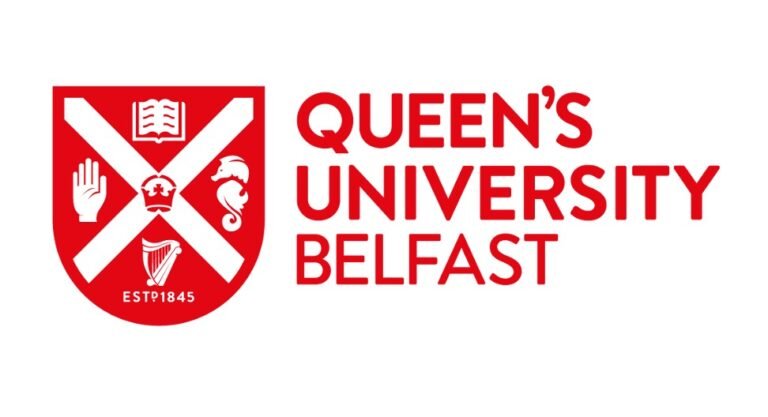Overview
According to the world health organization (WHO), in 2021, around 32% deaths were caused by cardiovascular diseases. An early diagnosis can potentially save the millions of people and healthcare cost around the globe. The electrocardiogram (ECG) is non-invasive and low-cost method to monitor the heart muscle activity. The cardiologist used ECG bio signals for analysis to quantify the normal or abnormal heart rhythm known as arrhythmia. A scheduled clinical ECG can provide the information if cardiovascular disorder is present at the time of check-up and does not provide information about the rhythm in daily routines. With the advancement in wearable technology, such as smartwatch has the ability to capture the real-time ECG continuously. Such devices can be utilized as a screening tool to capture the heart muscle activity at large scale and intelligently process the data using machine learning models. In traditional approaches, ECG signal are processed in frequency domain to label the presence of arrhythmia. Recently, machine learning models, especially deep learning algorithms achieved a remarkable improvement to solve the complex learning tasks of medical image analysis as well as in precision medicine. These models can be foreseen to predict the potential risk of cardiovascular disorder. These models consist millions of parameters to train as well as make inference. It limits the applicability inside the wearable devices and pose a challenge on the energy consumption. To solve this challenge, knowledge distillation can play an important role. In knowledge distillation a trained deep learning model capability is transferred to a smaller neural network for resource-constrained devices. Such light-weight models can easily process the massive data inside the wearable devices.
Although some research attempts have been made towards the light-weight machine learning to classify the ECG signals. The objective of this research is to develop novel machine learning model for the predictive analysis. The following objectives are set to be achieved during the Ph.D. duration.
[1] Formulation of a novel predictive model to quantify the ECG signals as normal or abnormal using deep learning techniques.
[2] Comparative analysis of deep learning approach with classical frequency domain analysis
[3] Knowledge distillation to train a light-weight model based on objective (1), which will run inside the wearable devices and save the battery consumption.
[4] The experiments were carried-out on publicly available datasets and compared with state-of-the-art techniques.
Funding Information
To be eligible for consideration for a Home DfE or EPSRC Studentship (covering tuition fees and maintenance stipend of approx. £19,237 per annum), a candidate must satisfy all the eligibility criteria based on nationality, residency and academic qualifications.
To be classed as a Home student, candidates must meet the following criteria and the associated residency requirements:
• Be a UK National,
or • Have settled status,
or • Have pre-settled status,
or • Have indefinite leave to remain or enter the UK.
Candidates from ROI may also qualify for Home student funding.
Previous PhD study MAY make you ineligible to be considered for funding.
Please note that other terms and conditions also apply.
Please note that any available PhD studentships will be allocated on a competitive basis across a number of projects currently being advertised by the School.
A small number of international awards will be available for allocation across the School. An international award is not guaranteed to be available for this project, and competition across the School for these awards will be highly competitive.
Academic Requirements:
The minimum academic requirement for admission is normally an Upper Second Class Honours degree from a UK or ROI Higher Education provider in a relevant discipline, or an equivalent qualification acceptable to the University.
Entrance requirements
Graduate
The minimum academic requirement for admission to a research degree programme is normally an Upper Second Class Honours degree from a UK or ROI HE provider, or an equivalent qualification acceptable to the University. Further information can be obtained by contacting the School.
International Students
For information on international qualification equivalents, please check the specific information for your country.
English Language Requirements
Evidence of an IELTS* score of 6.0, with not less than 5.5 in any component or equivalent qualification acceptable to the University is required (*taken within the last 2 years).
International students wishing to apply to Queen’s University Belfast (and for whom English is not their first language), must be able to demonstrate their proficiency in English in order to benefit fully from their course of study or research. Non-EEA nationals must also satisfy UK Visas and Immigration (UKVI) immigration requirements for English language for visa purposes.
For more information on English Language requirements for EEA and non-EEA nationals see: www.qub.ac.uk/EnglishLanguageReqs.
If you need to improve your English language skills before you enter this degree programme, INTO Queen’s University Belfast offers a range of English language courses. These intensive and flexible courses are designed to improve your English ability for admission to this degree.
How to Apply
Apply using our online Postgraduate Applications Portal and follow the step-by-step instructions on how to apply.
Find a supervisor
If you’re interested in a particular project, we suggest you contact the relevant academic before you apply, to introduce yourself and ask questions.
To find a potential supervisor aligned with your area of interest, or if you are unsure of who to contact, look through the staff profiles linked here.
You might be asked to provide a short outline of your proposal to help us identify potential supervisors.




